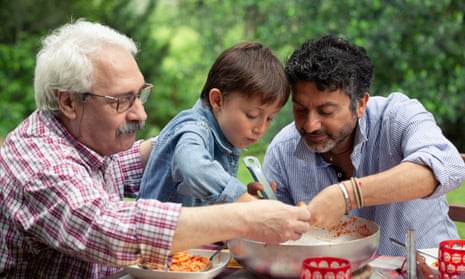The complexities of caring for someone else’s child permanently as a kinship carer should not be underestimated, as your editorial highlights (1 August). Parents have relied on kinship care for centuries. It enables children to grow up within their family, maintaining key relationships and links to communities. However, changing family dynamics are not easy to navigate. Children placed with kinship carers by a local authority are likely to have experienced loss, trauma and abuse, and need sensitive and attuned reparative care. Support for kinship carers, including financial help, should be available regardless of the legal status of the kinship arrangement.
As a membership organisation, CoramBAAF hears from local authorities about the many challenges they face in assessing and supporting kinship carers in the current legal and policy context. The government’s national kinship strategy is welcome and will increase the focus on kinship care. We hope that this will lead to a legal definition of kinship care and commitment to support. An allowance for all kinship carers is vital, but support needs to be far-reaching and responsive, and meet the needs of both the children and their carers.
Clare Seth
Kinship consultant, CoramBAAF
I was very interested to read your editorial on the recent report on kinship care in England. Kinship care in Scotland has provided stable, caring placements for many children who could not be cared for by their birth parents and has allowed them to remain within their wider family.
Plans to financially support more kinship carers in England are welcome. But financial help is only one element. Many kinship carers are providing loving homes for children and young people who have experienced trauma, abuse and loss. As a result, they need support not only from skilled social workers on a long-term basis, but also from schools and therapeutic and mental health services if these children are to recover, rebuild positive attachments and thrive. This is not always happening in Scotland. Kinship care needs a holistic interagency approach to assist families to look after children in the best way possible.
Kate Gabb
Sandsound, Shetland
